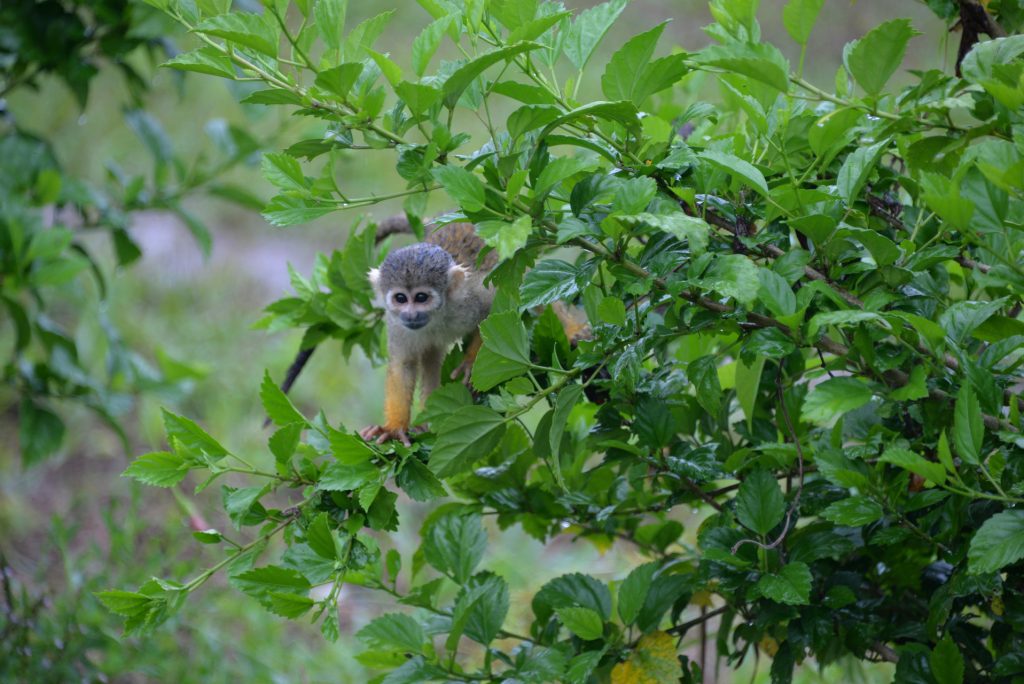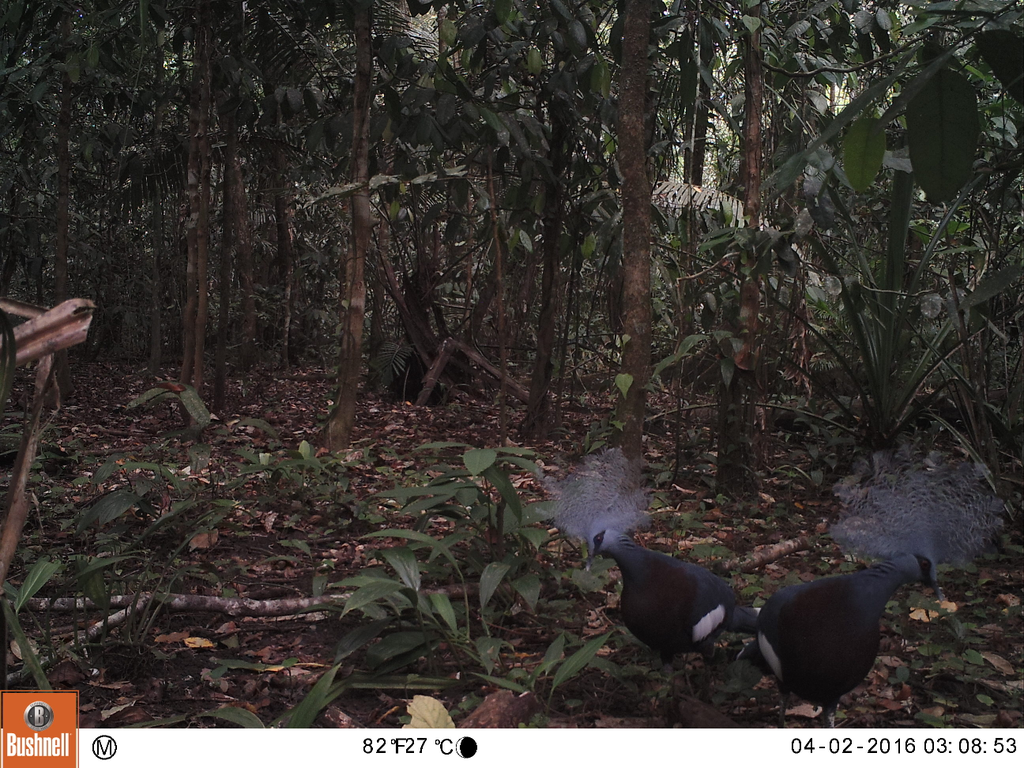Without biodiversity, there’s no future for humanity.
Sit in a shady spot in the Asháninka partnership, and it’s not as peaceful as you’d imagine.
The canopy brims with a cacophony of whistles, clicks and songs.
This orchestra is thanks to thousands of birds, bugs and frogs and the incredible abundance of rainforest life.


It’s difficult to imagine Earth without the millions of species that make up our ecosystems, but mass extinction of wildlife is a very real threat.
The rate at which the climate is changing is outpacing the speed at which species are able to adapt and evolve [1]Science Magazine, 2013.. We are at risk of losing species before they have even been discovered. We are, it’s believed, losing around 135 plant, animal and insect species every day, that’s 50,000 species a year, due to deforestation [2]Scientific American, 2018.
That’s not just bad news for biodiversity. It’s terrible news for us. The world’s agricultural systems are maintained by a web of wild pollinators and are at risk of collapse if the balance is tipped any further [3]Brockerhoff et al, 2017.‘Forest biodiversity, ecosystem functioning and the provision of ecosystem services’.
Moreover, having a diverse range of large mammals in rainforest has been proven to increase the amount of carbon stored in the trees and canopy. Over half of the world’s mammals have been lost in the past 50 years [4]Living Planet Index, 2016 . The time to act is now. If the bears are doing their bit to battle climate change, we should be playing our part too.


To maintain tropical forest biodiversity, keeping natural rainforest standing strong within landscapes should be the first priority [5]British Ecological Society, 2017. . It’s not just mass deforestation having an impact. Freshwater fish diversity is being harmed equally from selective logging as it is by complete forest destruction [6]Imperial College London, 2018. ‘Small changes in rainforests cause big damage to fish ecosystems’.
So, where to start? Two of Cool Earth’s longest-standing partnerships are located in the Peruvian Amazon Rainforest, where 1 in 10 species live [7]World Atlas. This amazing richness of wildlife, much of which hasn’t been discovered yet, needs to be preserved. By working with local communities, Cool Earth is ending the cycle of forest degradation and selective logging, for good. Creating self-sustainable livelihoods that work with the forest and wildlife, not against it.
References[+]
| ↑1 | Science Magazine, 2013. |
|---|---|
| ↑2 | Scientific American, 2018 |
| ↑3 | Brockerhoff et al, 2017.‘Forest biodiversity, ecosystem functioning and the provision of ecosystem services’ |
| ↑4 | Living Planet Index, 2016 |
| ↑5 | British Ecological Society, 2017. |
| ↑6 | Imperial College London, 2018. ‘Small changes in rainforests cause big damage to fish ecosystems’ |
| ↑7 | World Atlas |
